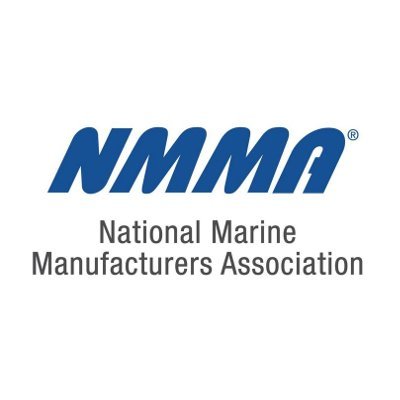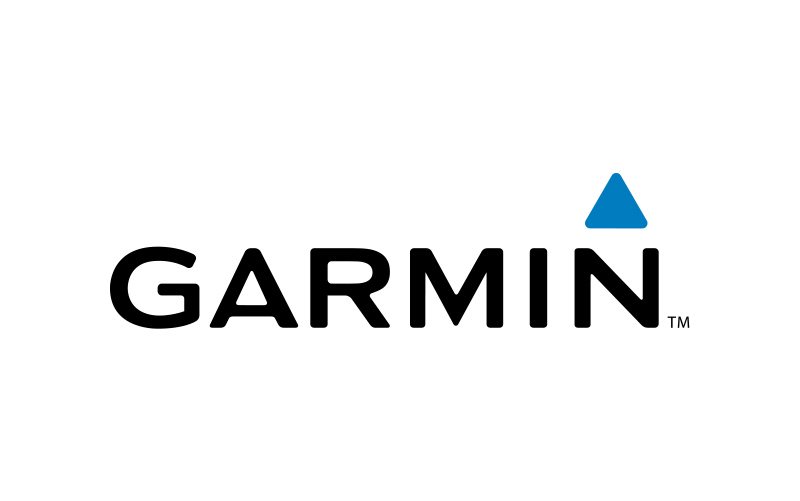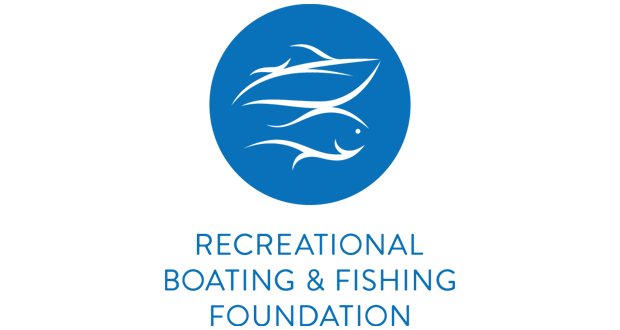Marine companies partner up
During the first quarter, a trend toward more strategic partnerships seems to have emerged in the marine industry.
In the past several months, several big players, including MarineMax, Volvo Penta, Yamaha and Garmin have announced high-profile alliances. While not necessarily partnerships in the legal sense — where companies are legally bound to one another — these joint ventures represent another way companies are looking to gain every advantage they can in the post-recession world.
In one of the more interesting deals, Volvo Penta and Yamaha set up joint working groups to evaluate the potential for deeper collaboration between the companies. What exactly that means and how it will affect product development is still being worked out, but the plan is to create a long-term competitive alliance to share resources and more efficiently bring products to market.
“Our customer offerings complement one another, so we see tremendous potential for extending our cooperation,” Göran Gummeson, Volvo Penta president and CEO, said during the announcement at the Miami International Boat Show.
Joy McPeters, founder of marina reservation service Marinalife, says the recent recession forced companies to get creative and look outside the box.
“What we’ve learned is that if you pool resources, it helps you be more competitive,” McPeters says.
Ben Speciale, president of the Yamaha Marine Group, says the economy certainly played a role in his company’s agreement with Volvo Penta.
“At the end of the day, we expect two things to come from our collaboration – new products and innovative ways to reduce costs,” he says. “The latter is very much recession related.”
In her segment of the market, McPeters says she’s seen a lot of recent partnerships, and her company is contributing to that trend. Already this year, Marinalife has formed partnerships with Exuma Technologies (makers of DockMaster Software) and Leisure Interactive, as well as a joint program with MarineMax and Sea Tow.
Like Volvo Penta and Yamaha, which both build engines but are not direct competitors, Marinalife decided to partner with a company that operates in a similar space. Marinalife will distribute Hercules Marine, a suite of online tools for marina operators based on software developed by Leisure Interactive, a leader in campground reservations.
McPeters says before creating this kind of alliance, companies have to weigh whether to devote in-house resources to do the work themselves, which could result in duplicating efforts, or partner with someone to share the burden.
“You have to ask, ‘Do we build pretty much the same system they’re building?’” McPeters says. “Why rebuild the wheel?”
One advantage of partnering is cost. Another, she says, is the ability to launch products more quickly.
“Companies are realizing that if they can join forces, as a joint venture or partnership, they can position themselves better for when the market returns,” she says.
In addition, companies can utilize a shared knowledge base.
“In our case, we’ve learned a lot from our various markets,” McPeters says. “So we can share our individual expertise.”
That is something Volvo Penta hopes to gain from another agreement it announced at the Miami show, a partnership with Garmin that the company says will “leverage the companies’ navigation and propulsion expertise to develop and market innovative marine instrumentation and communication equipment.”
As part of the deal, Garmin will gain a new level of access to the inner workings of Volvo Penta’s engines, which the companies say will produce products that wouldn’t be possible without the increased level of cooperation.
McPeters says her own company’s growth would not have been possible without the use of strategic partnerships, but also notes that they aren’t foolproof.
“Making a partnership is taking a risk,” McPeters says. “Sometimes they work out, sometimes they don’t.”




